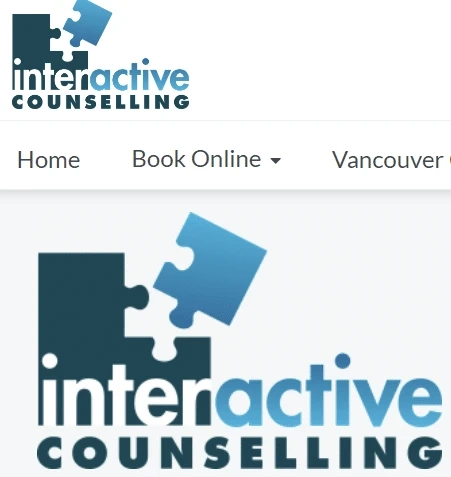Accident Trauma
Accidents can happen to anyone, at any time, and the physical injuries are often just the tip of the iceberg. The emotional and psychological impact ...


Accidents can happen to anyone, at any time, and the physical injuries are often just the tip of the iceberg. The emotional and psychological impact ...

